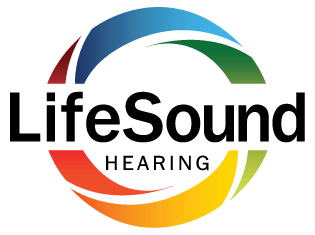When we were younger, we frequently disregarded the long-term health consequences of what we ate, we were more interested in taste and instant gratification. However, as adults, we’ve come to know that what we eat significantly impacts our well-being in unexpected ways. Recent research has uncovered a surprising connection between poor nutrition and hearing loss, highlighting the profound influence of dietary habits on auditory health.
Fresh research vs. conventional views
Generally, hearing loss has been attributed to genetic predispositions or prolonged exposure to loud environments. It probably won’t come as a surprise to most individuals that exposure to loud sound can result in hearing loss. However, recent research has widened this understanding by investigating the less obvious yet important role of nutrition in hearing health.
New insights from research
The connection between hearing sensitivity and diet has been the focus of recent research. Findings indicate that inadequate nutrition can affect hearing in several ways. For instance, inadequate nutrition during pregnancy may impede the development of the inner ear, potentially resulting in hearing impairments in newborns. Also, deficiencies in nutrients like iron have been linked to enhanced susceptibility to hearing loss in particular demographic groups.
There are other corresponding health conditions, such as hypertension, which can increase the risk of hearing loss as a result of diets high in salt, fats, and cholesterol.
Factors that correlate hearing health with nutrition
The relationship between nutrition and hearing health goes beyond direct causation, socioeconomic factors also play a part. Socioeconomic status frequently correlates with dietary routines and access to healthcare. Individuals with modest financial resources may face obstacles in sustaining a nutritious diet, indirectly impacting their hearing health over time.
Caring for your hearing by promoting better nutrition
Your overall physical health isn’t the only reason for good nutrition, it’s also an essential aspect of maintaining healthy hearing. Reducing the risks to your hearing health means making informed dietary choices. For example, prioritizing fresh vegetables, which are often less expensive than processed foods, can provide essential vitamins critical for preserving ear health. Preparing meals at home provides better control over ingredients, decreasing intake of unhealthy fats and salts that can play a role in hearing loss. Total well-being, including the health of your hearing, can be promoted by consuming healthier and less sugary beverages.
Lasting dietary changes
Achieving lasting dietary improvements involves practical changes that fit into daily life. Small modifications can result in considerable advantages for both your general and hearing health even with some time and budget constraints. You can proactively protect against potential risks linked to poor nutrition by prioritizing healthy eating habits.
In conclusion, while the link between nutrition and hearing health might not be immediately apparent, continuing research highlights the significance of dietary decisions in preserving auditory function. By advocating for balanced nutrition and making practical dietary modifications, individuals can enhance their overall health outcomes, including the protection of their precious sense of hearing.
[blogcta]

